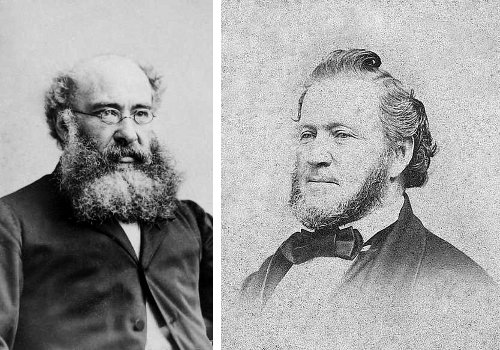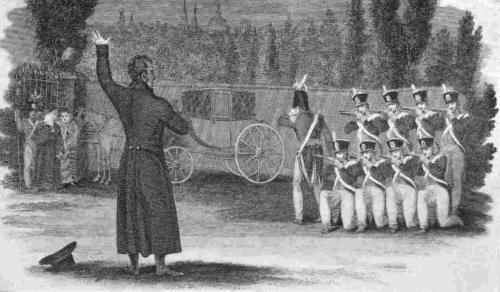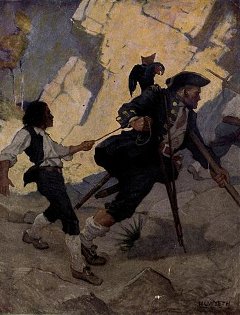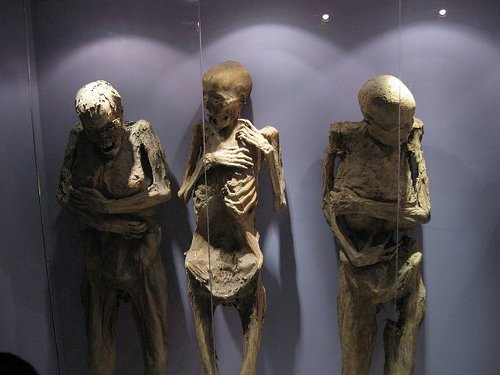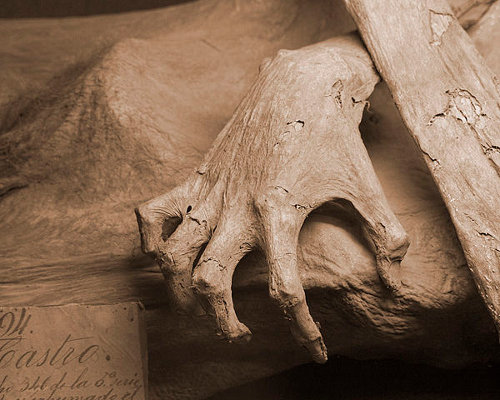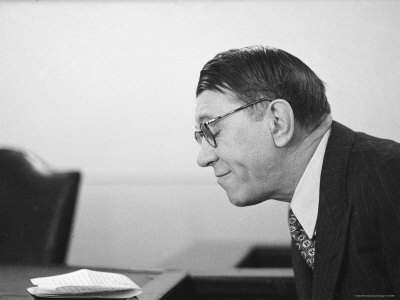How do I know that I’m not just a fictional character in some imagined story? What could I learn about myself that would prove that I’m real? “I am human, male, brunette, etc., but none of that helps,” writes UCLA philosopher Terence Parsons. “I see people, talk to them, etc., but so did Sherlock Holmes.”
Descartes would say that the very fact that I’m thinking about this shows that I exist: cogito ergo sum. But a fictional character could make the same argument. “Hamlet did think a great many things,” writes Jaakko Hintikka. “Does it follow that he existed?” Robert Nozick adds, “Could not any proof be written into a work of fiction and be presented by one of the characters, perhaps one named ‘Descartes’?”
Tweedledee tells Alice that she’s only a figment of the Red King’s dream. “If that there King was to wake,” adds Tweedledum, “you’d go out — bang! — just like a candle!”
Alice says, “Hush! You’ll be waking him, I’m afraid, if you make so much noise.”
“Well, it’s no use YOUR talking about waking him,” replies Tweedledum, “when you’re only one of the things in his dream. You know very well you’re not real.”
“It seems to me that this is a philosophical problem that deserves to be treated seriously on a par with issues like the reality of the external world and the existence of other minds,” Parsons writes. “I don’t know how to solve it.”
(Terence Parsons, Nonexistent Objects, 1980; Charles Crittenden, Unreality, 1991; Robert Nozick, “Fiction,” Ploughshares 6:3 [1980], 74-78; Jaakko Hintikka, “Cogito, Ergo Sum: Inference or Performance?”, Philosophical Review 71:1 [January 1962], 3-32.)

